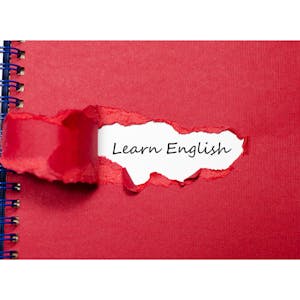Collaborative Robotics in Industry
About this Specialization
Collaborative Robotics in Manufacturing merges traditional manufacturing with cutting-edge robotics, equipping learners with skills to navigate modern manufacturing. Foundational Industrial Manufacturing knowledge highlights robotics\' role in enhancing efficiency and precision. Introductory Mechatronics integrates engineering principles for robotic system development. Understanding Introductory Electronics aids in comprehending digital control circuitry and sensor technologies. Applied Physics principles furnish analytical tools for robotic system design. Graduates excel in Robotic Manipulator and Gripper Design, integrating Mechanical Components with Digital Control Circuitry for optimized performance. Sensor & Transducer Technology mastery enables real-time monitoring and control, enhancing productivity. Drive Systems expertise ensures adaptability to diverse manufacturing environments. Troubleshooting in Mechatronic Systems and System Design using MATLAB-Simulink enables efficient issue resolution. Robot Programming skills empower precise and efficient control. Robotic Vision Systems and Machine Vision augment automation and quality control. Integration of IIoT technologies drives efficiency in collaborative robotic systems. Graduates find career opportunities as Automation Engineers and Robotic Designers, shaping the future of manufacturing with innovation and efficiency.Created by: L&T EduTech

Related Online Courses
Our Golang specialization is suitable for individuals who are new to the field, as well as aspiring software developers, engineers, networking professionals, DevOps Engineers and computer science... more
This is a self-paced lab that takes place in the Google Cloud console. In this lab, you create one VM in the premium network service tier (default) and one VM in the standard network service tier.... more
This course will teach you the necessary negotiation skills to be successful. We will be covering the overall negotiation process, how to establish objectives (e.g.Most Desirable Option (MDO),... more
This is the second course in the Learn English: Advanced Grammar and Punctuation specialty. In this course, you will learn about a lot of different ways to join ideas to make more complex and... more
In this Specialization you will develop knowledge and skills in the interconnected spheres of business and marketing. This is facilitated by the application of a global perspective, which enables... more








